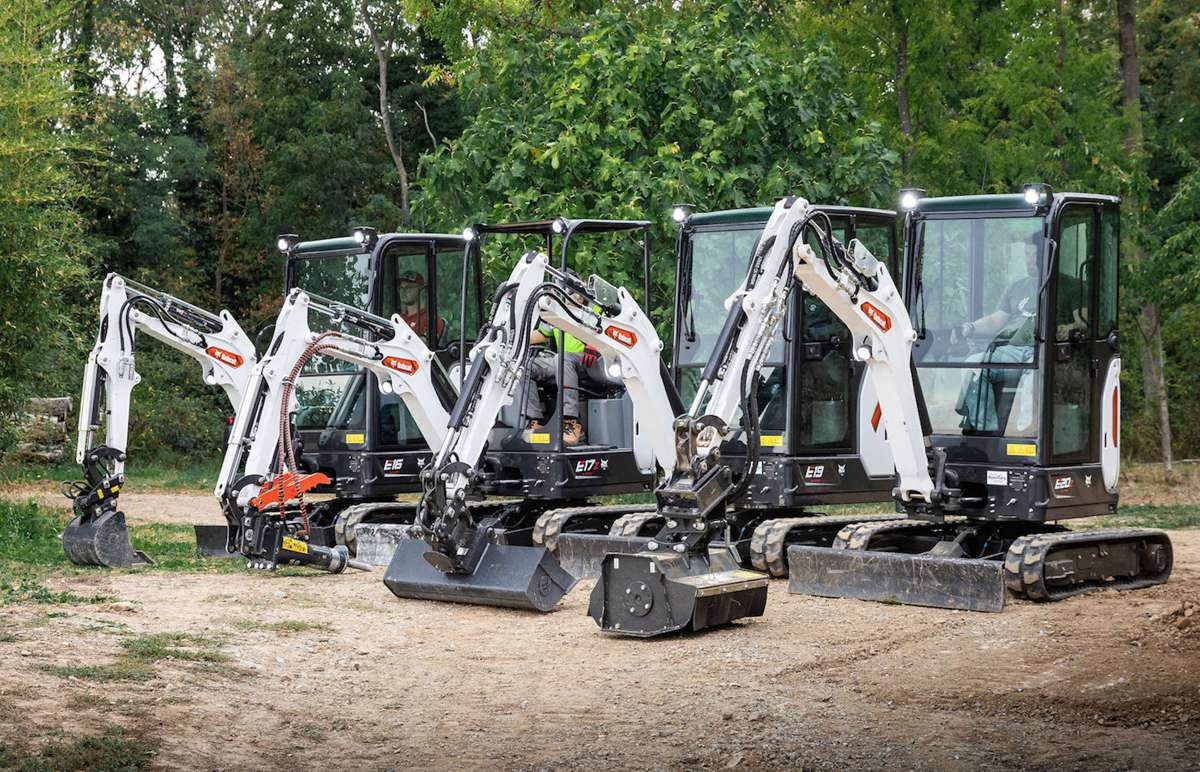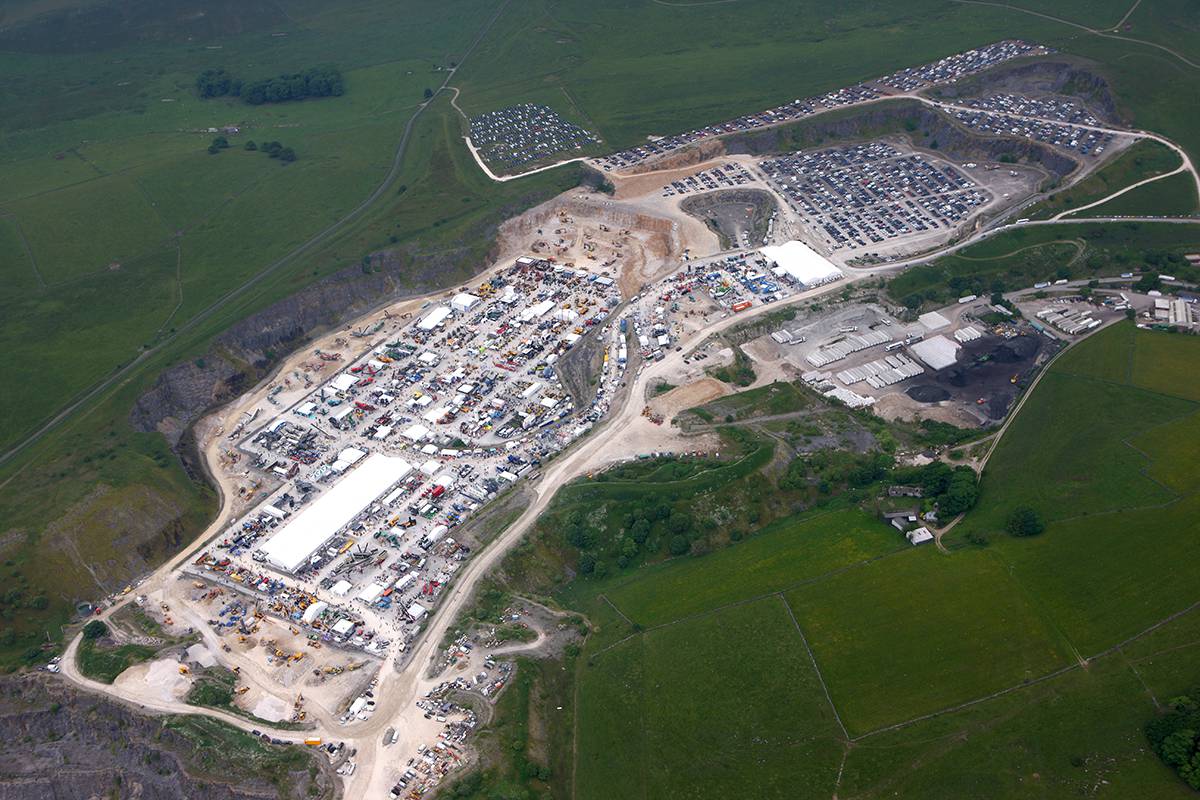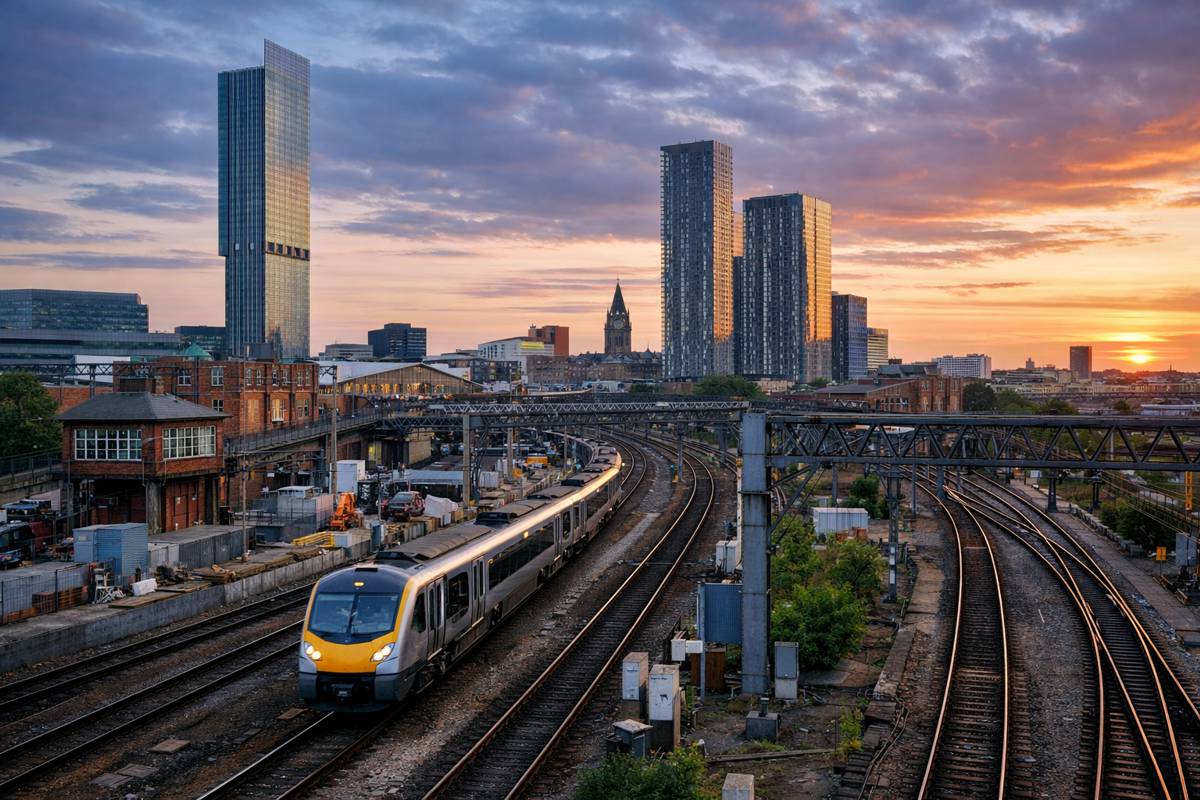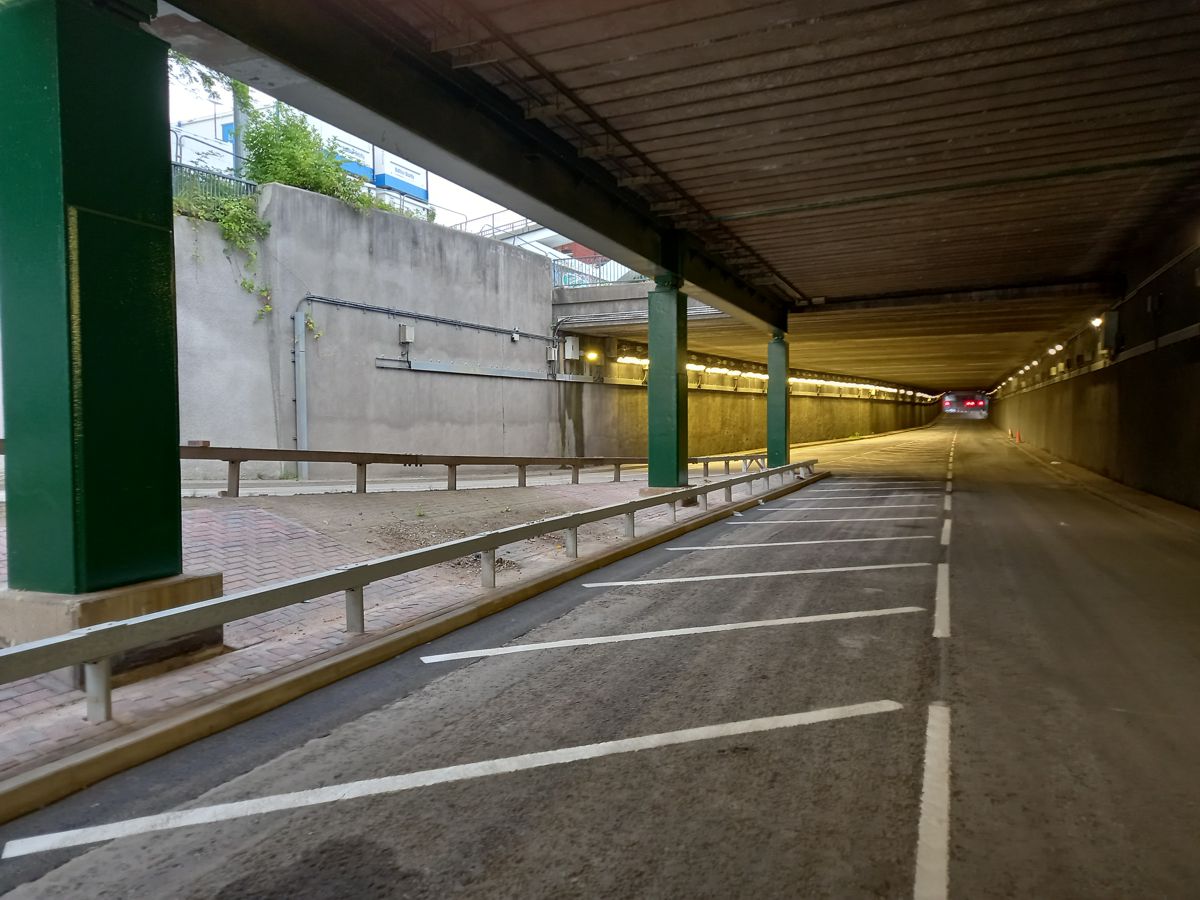Help prepare Britain’s Roads for the Future and driverless cars
Britain’s leading lights from across industry have the chance to help ensure the country has roads fit for the future and ready for driverless cars, through a new competition.
Deputy chairman of the National Infrastructure Commission Sir John Armitt said the Roads for the Future competition presented an opportunity to shape how people travel “for generations to come”.
Launched with Highways England and Innovate UK, the competition will seek ideas for making the UK road network ready for connected and autonomous vehicles – including using the latest technology.
It will look for ideas as to how existing infrastructure can be adapted, how roads shared by driverless and driven vehicles can work, and how these changes can be introduced alongside charging networks for new electric cars.
It will also be looking for ideas that can work on different types of roads, whether a residential avenue, a high street or a motorway.
Entries will be judged by an expert panel, brought together from across industry, academia, regional government and the public sector.
Deputy chairman of the National Infrastructure Commission Sir John Armitt said: “We’re seeing a revolution on our roads, as more and more people move away from the traditional petrol and diesel car and towards new electric vehicles – the next step, driverless cars, will make an even bigger impact.
“Our Roads for the Future competition offers the chance to be at the cutting edge of shaping how we travel for generations to come. That’s why we want to put people’s minds to this test.
“Whether from industry or academia, we want to see them submit their ideas for developing a world-class roads network that can meet the challenge that this new technology presents.”
Commissioner and chair of the competition jury Bridget Rosewell said: “There was a six-decade gap between the development of the first car, and the building of the first motorway – as car manufacturers invest billions in driverless vehicles we must ensure our roads network can accommodate them.
“The Roads for the Future competition offers the chance to do just that, encouraging people from across the infrastructure industry to come together and think creatively about how we adapt the network we have for the needs of future travellers.
“We’re looking forward to seeing new and exciting ideas for how we may get from A to B efficiently and safely, making the most of the new technologies as soon as they become available.”
Ian Meikle, Director of Infrastructure Systems at Innovate UK said: “Innovate UK helps businesses to develop technologies to deliver more integrated, resilient, efficient, flexible and investable infrastructure.
“The UK can be a world leader in transport infrastructure technology and it is crucial that we are at the forefront of imaging the roads of the future. With our expert-lead, evidence-based approach, Innovate UK looks forward to the outcomes of this competition.”
Jim O’Sullivan, Highways England Chief Executive, said: “The greater automation of vehicles has many potential benefits including better use of road capacity, improved mobility and safety.
“We outlined in our recent Strategic Road Network Initial Report, the role technology and innovation will play in transforming the way we build and use our roads.
“The industry has to make this a reality, and I look forward to seeing the solutions proposed as part of this competition.”
Adapting the roads network to driverless vehicles
Plans for a Roads for the Future competition were announced as part of the Chancellor’s Budget statement in November.
Those wishing to enter have two months in which to submit their ideas, which should follow three broad themes:
- The design of roads and related infrastructure – how will existing roads need to be adapted to meet the needs of new driverless cars?
- Traffic management – how will key features such as traffic lights and other methods of traffic control need to adapt to meet the needs of different vehicle types?; and
- Road rules and regulations – how should current restrictions, for example speed limits, and parking and loading rules, be updated for this new environment?
The competition jury will select the five best entries to go through to a second round, with each of these given up to £30,000 to develop their ideas further over a three-month period. The winning entry will then be announced later this year.
Further details of the Roads for the Future competition can be found here – apply-for-innovation-funding.service.gov.uk
Anyone wishing to enter the competition has until 14 March 2018 to do so.
The competition jury are:
- Bridget Rosewell OBE (Competition Chair) – Commissioner, National Infrastructure Commission
- Sir John Armitt – deputy chairman, National Infrastructure Commission
- Jim O’Sullivan – chief executive of Highways England
- Chris Holmes, Senior Manager, Jaguar Land Rover Research team
- Laura Shoaf – Managing Director of Transport for the West Midlands
- Dame Julia King, Baroness Brown of Cambridge – Committee on Climate Change
- Professor Natasha Merat – Institute for Transport Studies, University of Leeds





























